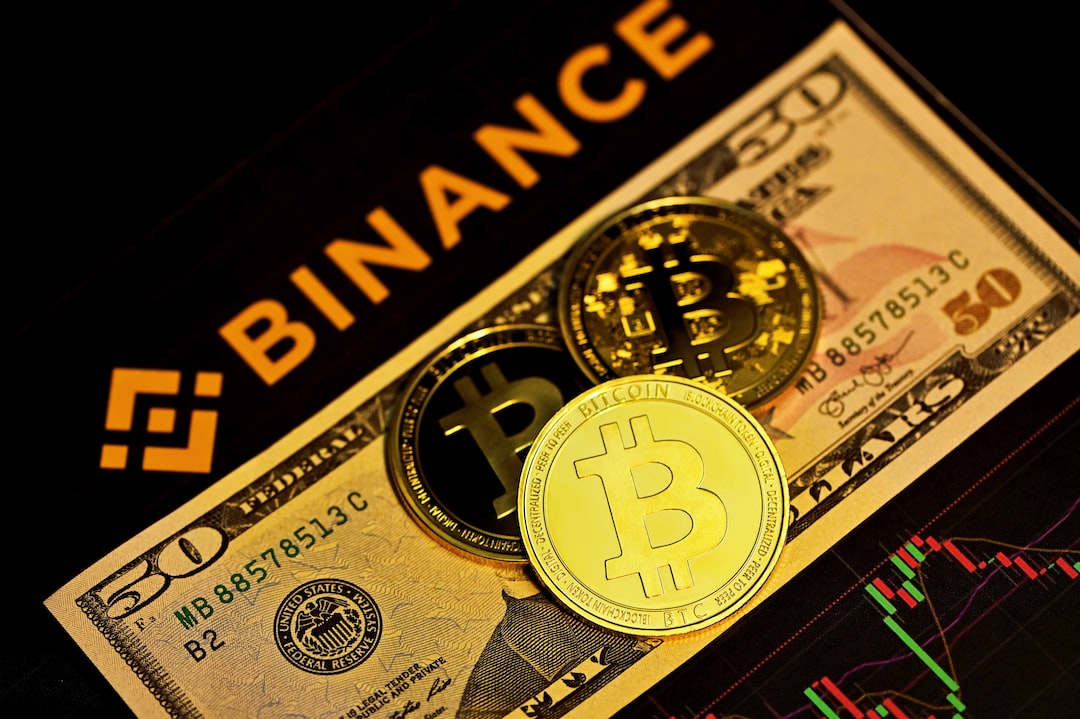This Year’s Crypto Market Downturn
The recent DC Fintech Week conference brought attention to the significant decline in the cryptocurrency market this year. Ripple CEO Brad Garlinghouse decoded the reasons behind U.S. banks’ reluctance to fully embrace cryptocurrencies despite legal victories over the SEC. He highlighted the broader governmental stance as a key factor, emphasizing that major institutions won’t engage meaningfully until there’s a more crypto-friendly environment from the U.S. government.
Ripple CTO Exposes US Bank’s Hypocrisy
Garlinghouse also pointed out concerns about perceived hostility from entities like the Options Clearing Corporation (OCC). Yassin Mobarak, founder of Dizercapital, echoed this sentiment, suggesting that a change in administration might be needed for substantial crypto adoption in the U.S.
He expressed concerns about the U.S. losing its leadership role in the crypto industry to countries with more transparent policies and a more welcoming environment for crypto-related investments. He questioned the rationale of expanding operations in the U.S. when faced with a challenging operational environment and reiterated Ripple’s plans to focus on growth outside the country.
Crypto Rally Is Imminent?
Brad Garlinghouse acknowledged the substantial growth of the crypto market, noting a 20 to 30% increase this year, pushing its valuation to approximately $1.3 to $1.4 trillion. Despite XRP’s positive momentum, he humorously admitted to lacking a “magical window” to decipher crypto price movements and expressed a preference for a long-term perspective in navigating the volatile market.
He also mentioned that Bitcoin exceeded its pre-Terra crisis levels after 18 months. This long-awaited cryptocurrency rally appears to be heading past the latest crash, with XRP taking all the ETF hype gains at this point.
Hot Take: The Future of Crypto Regulation
The caution shown by U.S. banks towards cryptocurrencies stands in stark contrast to global counterparts adopting more straightforward crypto policies, potentially impacting the U.S.’s standing in the crypto industry. Despite these challenges, Garlinghouse remains hopeful that the U.S. will establish a more favorable regulatory framework for crypto in the next decade.





 By
By
 By
By

 By
By
